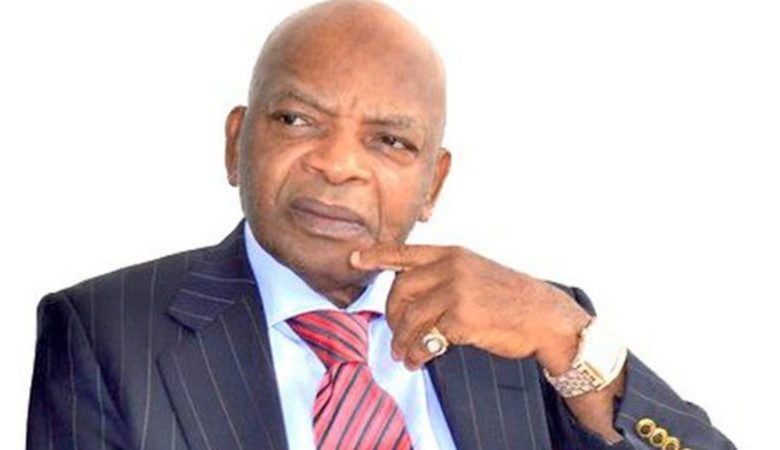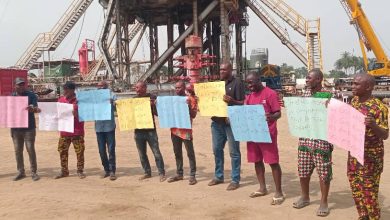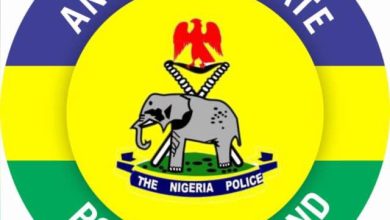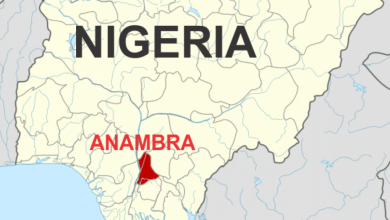
By Our Correspondent
Liberia has taken a major step toward revitalizing its oil and gas sector with the signing of four new Production Sharing Contracts (PSCs) between the Liberia Petroleum Regulatory Authority (LPRA) and Atlas/Oranto Petroleum, owned by Nigerian billionaire industrialist Prince Arthur Eze.
The agreements cover offshore blocks LB-15, LB-16, LB-22, and LB-24, each with a signature bonus of $12 million and an estimated investment value of $200 million per block. Industry experts have hailed the deal, worth a potential $800 million, as a milestone for Liberia’s energy sector and a sign of renewed investor confidence.
President Joseph Nyuma Boakai, who witnessed the signing in Paris, emphasized that the agreements would be implemented under strict legal, regulatory, and environmental standards. He assured Liberians of transparency, accountability, and strong local participation to ensure citizens directly benefit from the contracts.
Founded in 1993, Oranto Petroleum and its sister company Atlas Petroleum International form Africa’s largest privately held exploration and production group by acreage. Headquartered in Abuja, Nigeria, the group operates in 11 African countries, including Nigeria, Equatorial Guinea, Ghana, and Uganda, with a strategy focused on frontier and emerging markets.
The Liberia contracts highlight Oranto’s ambition to expand its reach across Africa and beyond, including new ventures in Venezuela under its subsidiary Veneoranto Petroleum. The group prides itself on its indigenous character and deep knowledge of the continent’s hydrocarbon development challenges.
In Liberia, the company’s operations will be guided by national law and aligned with environmental safeguards, fiscal responsibilities, and local content requirements. Officials say the investments will boost the energy sector, create jobs, and support long-term development under President Boakai’s ARREST Agenda, which focuses on accountability, revenue generation, and sustainable growth.
Experts note that beyond immediate revenues, Liberia must use the opportunity to build local technical capacity in oil exploration and production. They stress the importance of training Liberian workers, fostering national expertise, and ensuring broad participation in the industry.
Local reactions have been positive, with Liberian businessmen and residents welcoming the investment. Mr. Geffrey Gatt praised the deal as a pivotal moment that will strengthen economic growth, attract credible investors, and increase GDP while safeguarding national interests.
Monrovian resident Marcos Gayus expressed joy, saying he hopes the arrival of Oranto will provide jobs for unemployed youths. He lauded Chief Arthur Eze’s investment, noting that Liberians “stand to benefit greatly from our nation’s natural resources.”
Experts conclude that the success of the PSCs could significantly deepen Liberia’s economic development, providing thousands of direct and indirect jobs while cementing the country’s place on Africa’s oil and gas map.




